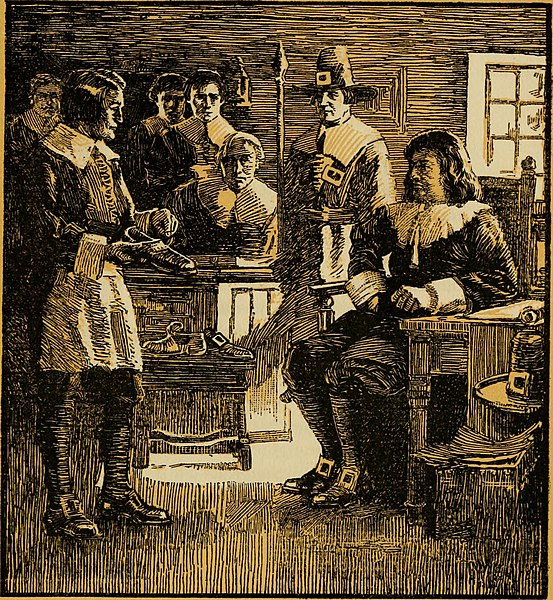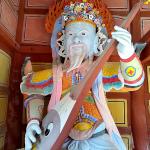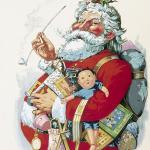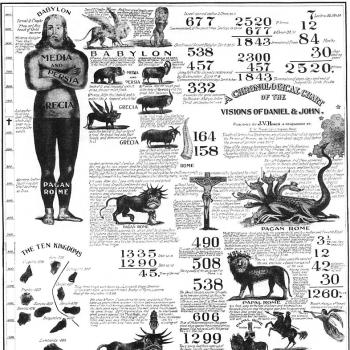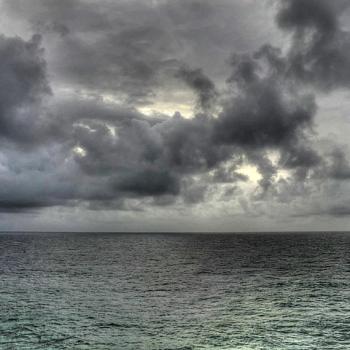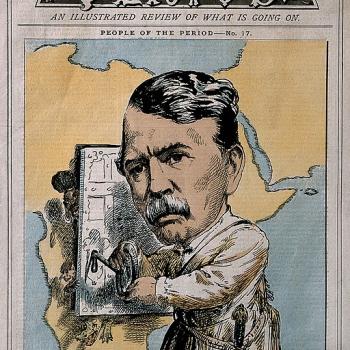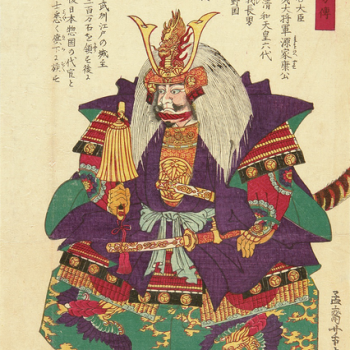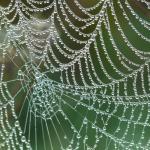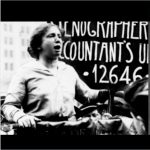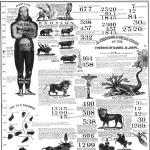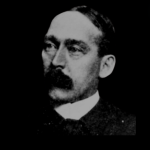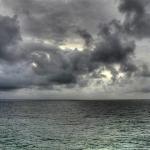Christmas was banned in Boston, and the rest of Massachusetts, by the legislature of the Massachusetts Bay Colony in 1659. It was a criminal offense to publicly celebrate Christmas. The law declared, “whosoever shall be found observing any such day as Christmas or the like, either by forbearing of labor, feasting, or any other way” would be subject to a 5-shilling fine. Shops and schools were to remain open on Christmas day. Churches were closed.
This was the work of the Puritans, members of a Christian sect who sailed from England in 1620 to found the Massachusetts Bay Colony. In brief, the Puritans were English Protestants who didn’t think the English Reformation of the 16th century — when the Church of England broke away from the Catholic Church — had gone far enough. The Church of England was still too “Catholic” in the Puritans’ view. Some decided to go to the New World so they could worship as they pleased. Those remaining in England would become embroiled in growing opposition to King Charles I, whose Queen Consort openly practiced Catholicism. After Charles I was deposed and beheaded in 1649, the Puritans had enough political clout in Parliament to have public celebrations of Christmas banned in England. And then the Massachusetts Puritans followed suit in 1659.
The English ban on Christmas ended in 1660 when the monarchy was restored. The ban in Massachusetts stayed on the books until 1681. It was repealed under pressure from the government of King Charles II. Even after the repeal, however, public celebrations of Christmas were frowned upon in Massachusetts for many more years.
Why the Puritans Banned Christmas
The Puritans’ primary objection to Christmas was that it wasn’t biblical. There was no mention of celebrating Christ’s birthday in the Bible; therefore, it should not be celebrated. (Note that today’s Seventh-Day Adventists and Jehovah’s Witnesses share the same belief. Quakers consider all days to be holy, so none should be singled out as more holy.)
Further, there was no date given for Christ’s birth. It seemed obvious to the Puritans that the date was chosen by the Catholic Church to co-opt long-celebrated pagan festivals of the winter solstice. According to Stephen Nissenbaum, the author of The Battle for Christmas: A Cultural History of America’s Most Cherished Holiday (Vintage, 1997), “Puritans believed Christmas was basically just a pagan custom that the Catholics took over without any biblical basis for it. The holiday had everything to do with the time of year, the solstice and Saturnalia and nothing to do with Christianity.”
Further, the Puritans believed English Christmases had gotten out of hand. By the reign of Queen Elizabeth I (1558–1603) the twelve days of Christmas — December 25 to January 6 — had become a rowdy public festival of drinking, dancing, games, sports, feasting, gambling, and licentious behavior. The old custom of wassailing had been taken over by gangs of young men, sometimes dressed as women, who entered the homes of the well-to-do and demanded free food and drink. If the homeowners refused, the home might be vandalized. This was all decidedly un-Puritan.
Those who did wish to observe Christmas Day could do so quietly in their own homes without risk of punishment, but none dare celebrate publicly in Boston. However, it’s recorded that some of the fishing villages a safe distance from Boston were infamous for public Christmas revelry.
After the Ban on Christmas Was Repealed
The Puritans had done such a good job of making a scandal of Christmas that it remained uncelebrated in parts of Massachusetts for a long time. In many Massachusetts communities schools and businesses remained open on Christmas, and churches closed, until well into the 19th century. Finally in 1856 the state made Christmas a public holiday.
